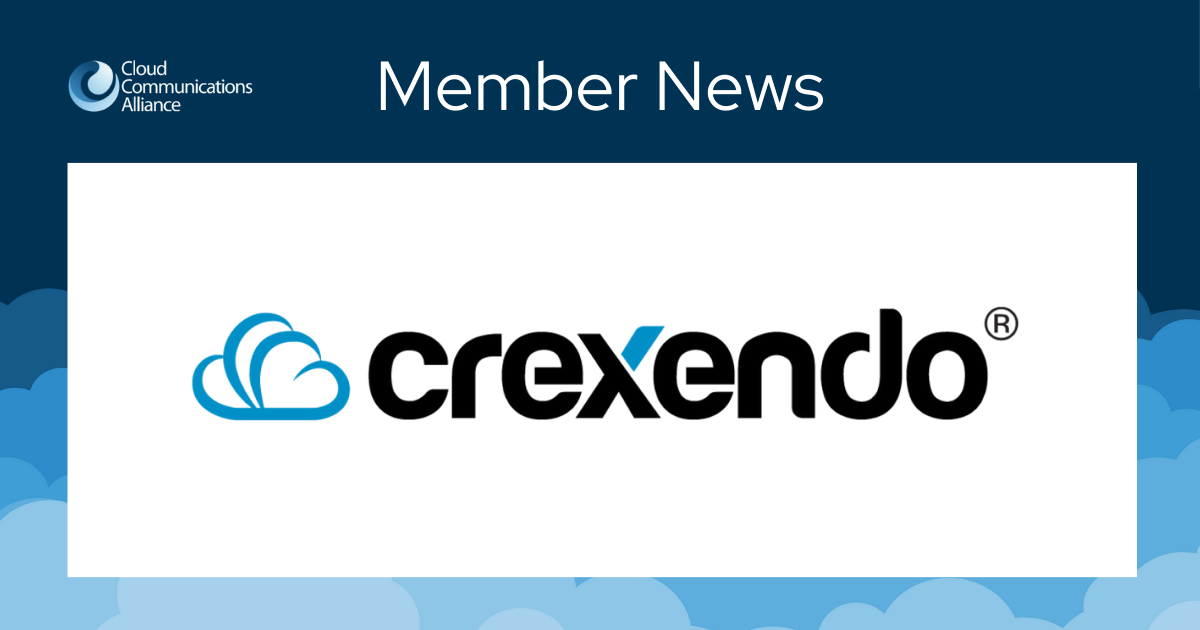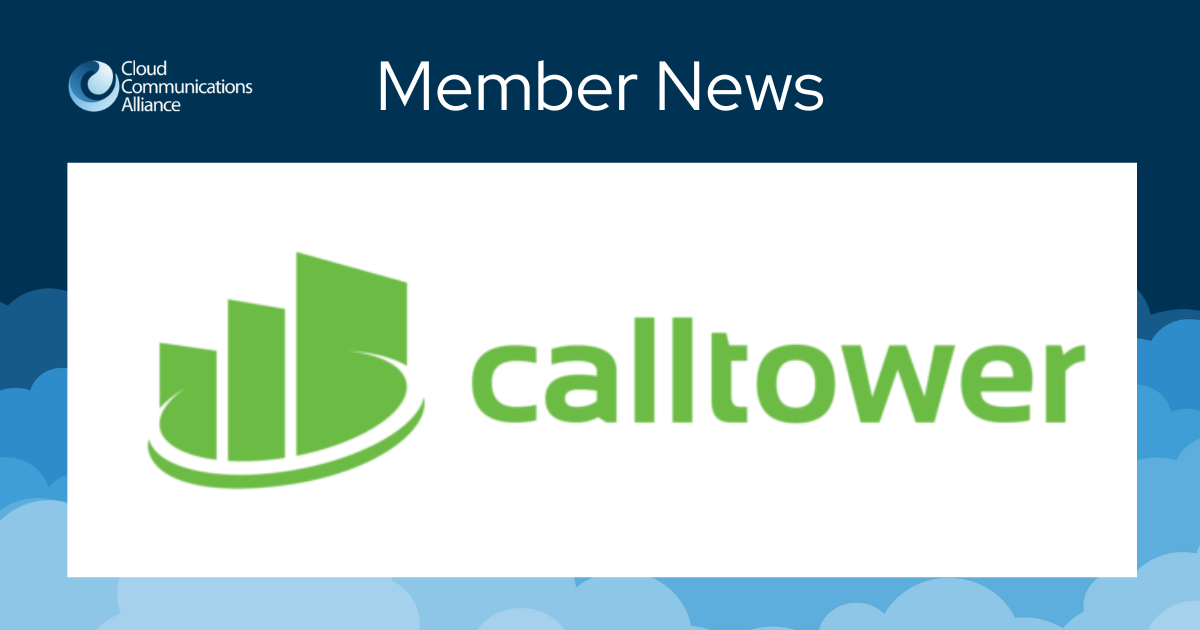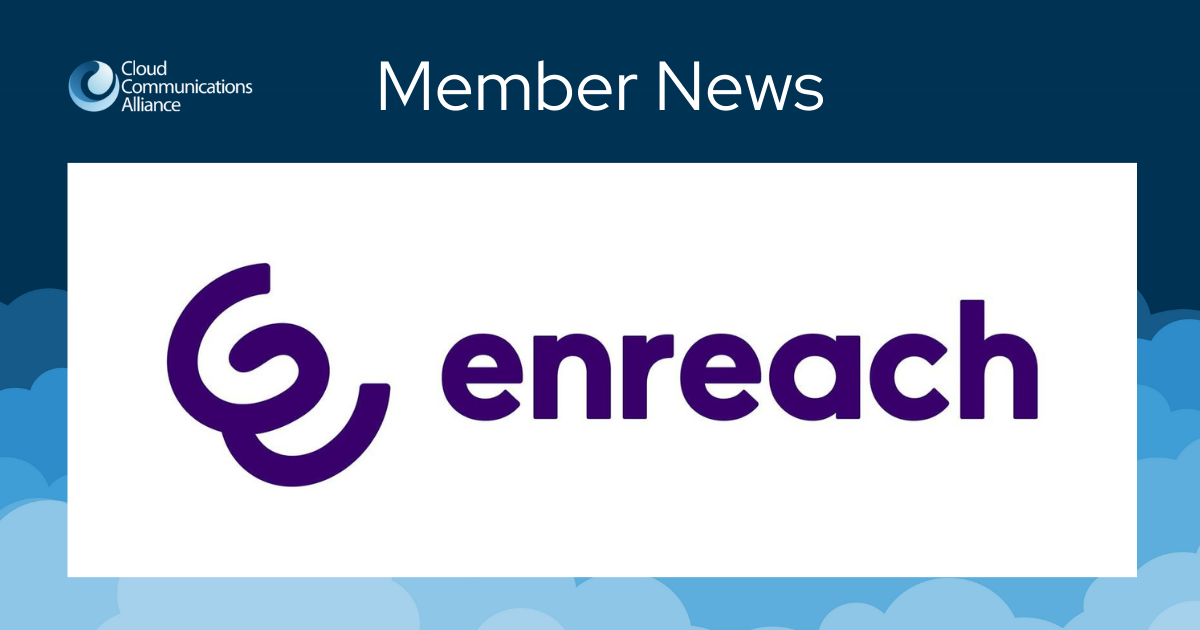California Public Utilities Commission Muddies the Waters on State Regulation of Nomadic I-VoIP

As a result of the California Public Utilities Commission’s (“CPUC”) elimination of the simplified interconnected Voice over Internet Protocol (“I-VoIP”) registration form, nomadic I-VoIP providers entering the California market are left without a means to register and remit applicable California Public Purpose Program (“Program”) surcharges. The Commission has recognized its oversight and plans to initiate a proceeding to address it. In the meantime, nomadic I-VoIP providers entering the California market should consult with counsel on the best course of action.
Background
From 2012 to 2020, California law prohibited the CPUC from regulating I-VoIP. Therefore, the CPUC could not require I-VoIP providers to secure a license. This prohibition did not, however, apply to Public Purpose Program surcharges. On the contrary, the statute explicitly required the CPUC to impose surcharges on I-VoIP. During this period, the CPUC required all I-VoIP providers to register with the Commission for purposes of contributing to the Programs, via a simple registration form.
In January 2020, the California statute prohibiting the CPUC from regulating I-VoIP services expired. As a result, the CPUC began requiring fixed I-VoIP providers to secure a Certificate of Public Convenience and Necessity (“CPCN”) or a Non-dominant Interexchange Carrier (“NDIEC”) license. The CPUC reasoned that I-VoIP providers have always qualified as regulated telephone corporations, but the prohibition on regulating I-VoIP had previously prevented the CPUC from requiring I-VoIP providers to secure a license. With the expiration of the prohibition, the CPUC extended the licensing requirement to fixed I-VoIP providers only, recognizing that federal court precedent prohibits its regulation of nomadic I-VoIP.
Following the extension of the licensing requirement to fixed I-VoIP providers, the CPUC eliminated its simple I-VoIP registration form. The registration form, however, was the only means by which any non-licensed I-VoIP provider could also register for purposes of contributing to the Programs. Our firm sought guidance from the CPUC on how new nomadic I-VoIP providers can register in order to collect and remit applicable Program surcharges.
CPUC staff confirmed that I-VoIP providers must pay the surcharges; however, staff recognized that the Commission currently has no mechanism in place for new nomadic I-VoIP providers (who are not already registered with the CPUC and remitting surcharges) to contribute without applying for a license that carries additional regulatory burdens. Staff advised that the Commission will be initiating a proceeding to address the issue and will eventually provide a solution.
The CPUC’s oversight of nomadic I-VoIP in eliminating the simplified registration puts new nomadic I-VoIP providers in a difficult spot. These providers must now either (1) submit to heavier CPUC regulation voluntarily by applying for a license that is not legally required, or (2) wait for the Commission to decide how to address the gap.
Options for New Nomadic I-VoIP Providers
Nomadic I-VoIP providers who were fortunate to take advantage of simplified registration before it was abolished may continue to contribute to Programs as they have historically. But, new entrants to the California nomadic I-VoIP market are not so lucky. They can voluntarily apply for a CPCN or an NDIEC license so that they can report and remit mandatory CPUC surcharges, but this solution comes at significant cost. First (and foremost), both CPCNs and NDIEC licenses subject their holders to additional regulatory obligations that were not designed for nomadic I-VoIP providers. Additionally, the application process for these operating authorities is more complex than the no longer available simplified registration, requiring, among other things, the applicant to post and maintain a performance bond. This additional hurdle may be particularly difficult to overcome for companies seeking to operate in California that are wholly-owned by non-U.S. citizens.
Alternatively, unregistered nomadic I-VoIP providers who are not registered can simply wait it out. The Commission will be initiating some type of proceeding to consider how to address the gap. Staff will make recommendations, and the CPUC will issue a decision. Interested parties will be notified and have the opportunity to comment.
Meanwhile, while we have been assured that the CPUC will take no action against any nomadic I-VoIP provider for failing to register and/or remitting surcharges that starts or has been providing service since the registration process was eliminated, we cannot rule out the possibility that once the regulatory gap is closed, such providers could be obligated to pay surcharges on at least a portion of intrastate revenues earned prior to obtaining the required operating authority.
Information provided by The CommLaw Group. For more information, please contact Jackie McHugh at (703) 714-1314 or jrm@commlawgroup.com.


